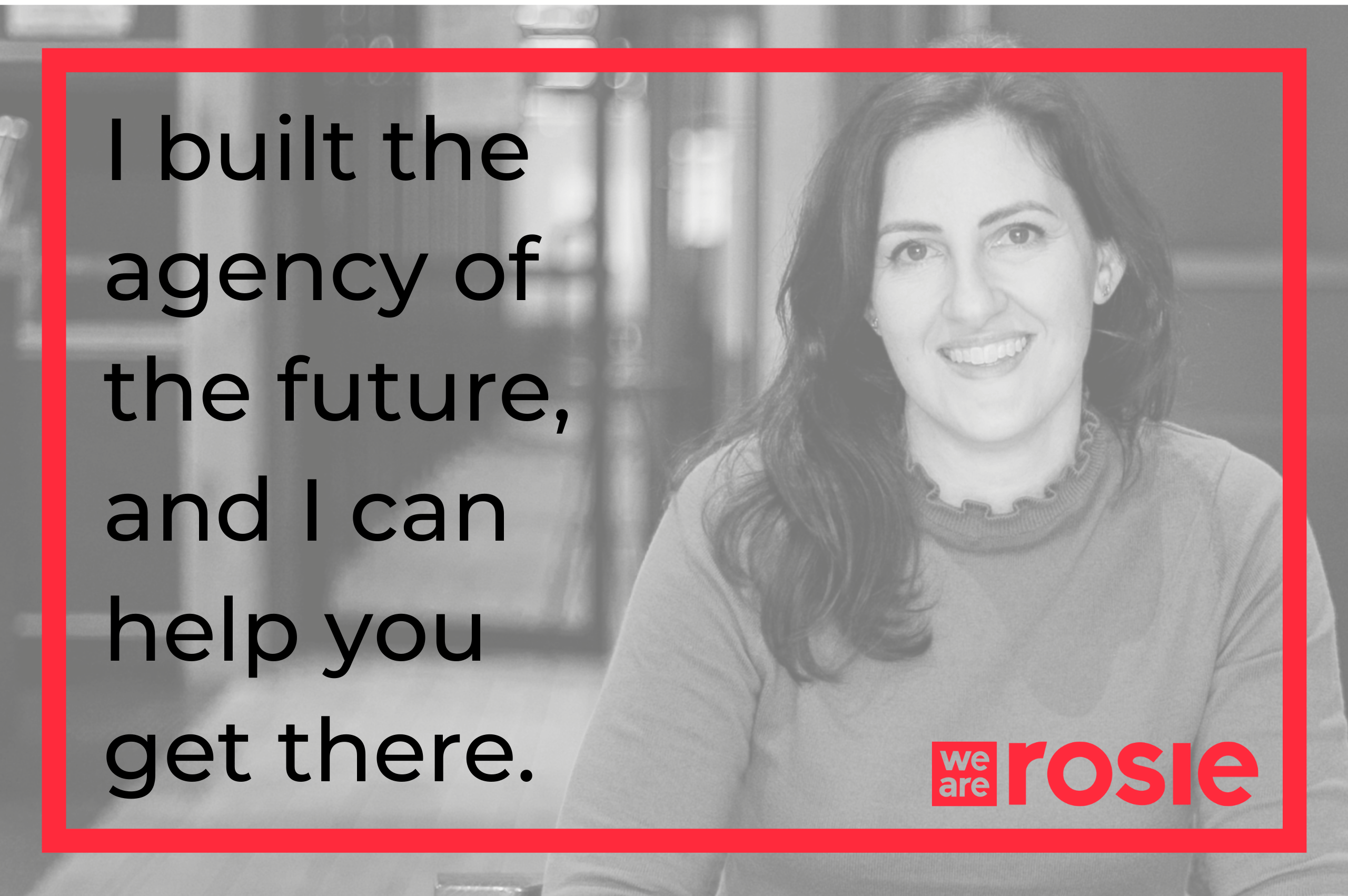Multicultural marketing in 2024: 3 key shifts leaders can’t ignore
The Multicultural marketing landscape is shifting with AI tools, globalization, and purpose-driven marketing. Here's what you need to know.

share this article
Ready to unleash the full power of marketing?
Multicultural marketing has evolved from being a preference to a foundational element in successful marketing strategies. In 2023, we witnessed remarkable initiatives that celebrated diversity and inclusivity, earning recognition in advertising award shows: Dove and LinkedIn joined forces for the Black Hair is Professional campaign, Expedia launched its Made to Travel™ Fund, OnStar uplifted the LGBTQ+ community in the Love Proudly campaign, and the list goes on.
However, as we enter 2024, the landscape is fraught with new challenges. Generative AI, globalization, rising polarization in culture and politics: these shifts demand an incredibly nuanced and thoughtful approach to marketing.
Here are three considerations for your team as you embark on your 2024 plans.
1. New AI tools and tech are changing our work—but they have bias baked in
In the era of AI, marketers have powerful tools at their disposal, but this technology comes with its own set of challenges.
The origins of AI, predominantly shaped by white cis-gender men, have led to inherent biases. Issues range from the stereotypical imagery produced by text-to-image generators to the gender and racial biases encoded within facial recognition tools, which, as Dr. Joy Buolamwini’s groundbreaking work revealed, perform poorly on non-white faces. Even the ChatGPT website states that “the model is skewed towards Western views and performs best in English.”
In the 2023 Rosie Report research study, 49% of marketers said they anticipated that AI would become a larger part of their marketing mix in 2024. But relying solely on such biased technology, especially in the context of multicultural marketing, can perpetuate harmful stereotypes and exclude diverse communities, while harming your brand’s reputation, too.
Marketers who are leveraging AI and algorithms have a responsibility to be informed about the limitations of these tools, and continuously and rigorously assess any AI-powered content or campaigns. The industry must do its part to move AI systems into a more diverse and equitable future and can play a role in teaching AI to be more inclusive. Just as we’ve advocated for diverse representation on marketing teams, we must advocate for diverse representation on the teams that build the tools we use in our work.
2. Global events increasingly affect us as marketers
Natural disasters, outbreaks of violence, historic and divisive elections…
When a certain global event makes major headlines, it directly affects people from the communities involved in that event. In other words, your audience and customers are impacted by what’s happening, even when it’s not in your own backyard. No brand or company exists in a vacuum.
In these situations, marketers should ask themselves: Do we respond? Should we respond? How do we support the affected communities, while being authentic, non-performative, and helpful? It’s critical to take a step back, resist the urge to react hastily, and re-consider any upcoming or ongoing campaigns that were created without the new context.
Today’s marketing teams must increase their awareness of what’s happening in the world. This is one of many reasons why building diverse teams that include many different perspectives is vital.
But awareness is just the first step. Marketers should also seek to understand the historical and cultural context of global events; they should engage in inclusive conversation within their broader teams and with the affected communities before preparing any response.
The reality is that some events transcend the scope of multicultural marketing, requiring a broader focus on human rights and social justice. Marketers must learn to strike a balance between acknowledging global issues and avoiding tokenistic gestures.
In such situations, take time to reflect before responding. Here are some thought-starters:
- Are we credentialed to tackle this scenario? Are we in the right position?
- Let’s consider our internal teams and their concerns. What conversations should we spark?
- What do we represent to the public and what are other organizations of the same category doing?
- How can we assess and analyze the impact before making any public statements?
3. Multicultural marketing is becoming purpose-driven marketing
As we look towards the future, purpose-driven marketing emerges as a key trend in multicultural marketing. Brands must move beyond mere representation and incorporate authentic narratives that resonate with historically marginalized communities. Even in seemingly unrelated sectors like consumer packaged goods (CPG), purpose-driven marketing can thrive by embracing a more conscientious approach.
Take Advil for example. In collaboration with Morehouse School of Medicine and the organization BLKHLTH, the brand made a mark with its Pain Equity Project. The slogan “Believe My Pain” highlights pain inequities within Black communities in the U.S. and features a series of interviews with patients about the challenges they’ve faced in healthcare practices. Unlike the typical smiley, feel-good pharmaceutical ad, this campaign faces reality and brings awareness to important health disparities in the US.
So as multicultural marketing evolves, the emphasis should shift from showcasing diversity for the sake of diversity to telling insightful stories that reflect cultural humility and historical context. Marginalized communities are not monolithic, and marketers must understand the nuanced narratives within these communities. Purpose-driven marketing, detached from a purely capitalistic mindset, allows brands to align with societal values and contribute positively to the broader cultural discourse.
Conclusion: Successful multicultural marketing requires empathy, purpose, and deep understanding
As we navigate the complexities of multicultural marketing in 2024, three key considerations stand out:
- Marketers must be vigilant in addressing the biases present in AI tools and actively work towards inclusivity.
- Global events demand thoughtful and informed responses, emphasizing the importance of education and community engagement as well as diversity within marketing teams
- Purpose-driven marketing offers a pathway for brands to authentically connect with diverse audiences, moving beyond surface-level representation
In this era of heightened awareness and social responsibility, successful multicultural marketing goes beyond ticking boxes—it requires a commitment to understanding, empathy, and purpose. As we forge ahead, marketers who embrace these considerations will not only contribute to positive social change but also position their brands as champions of diversity and inclusion in the years to come.

